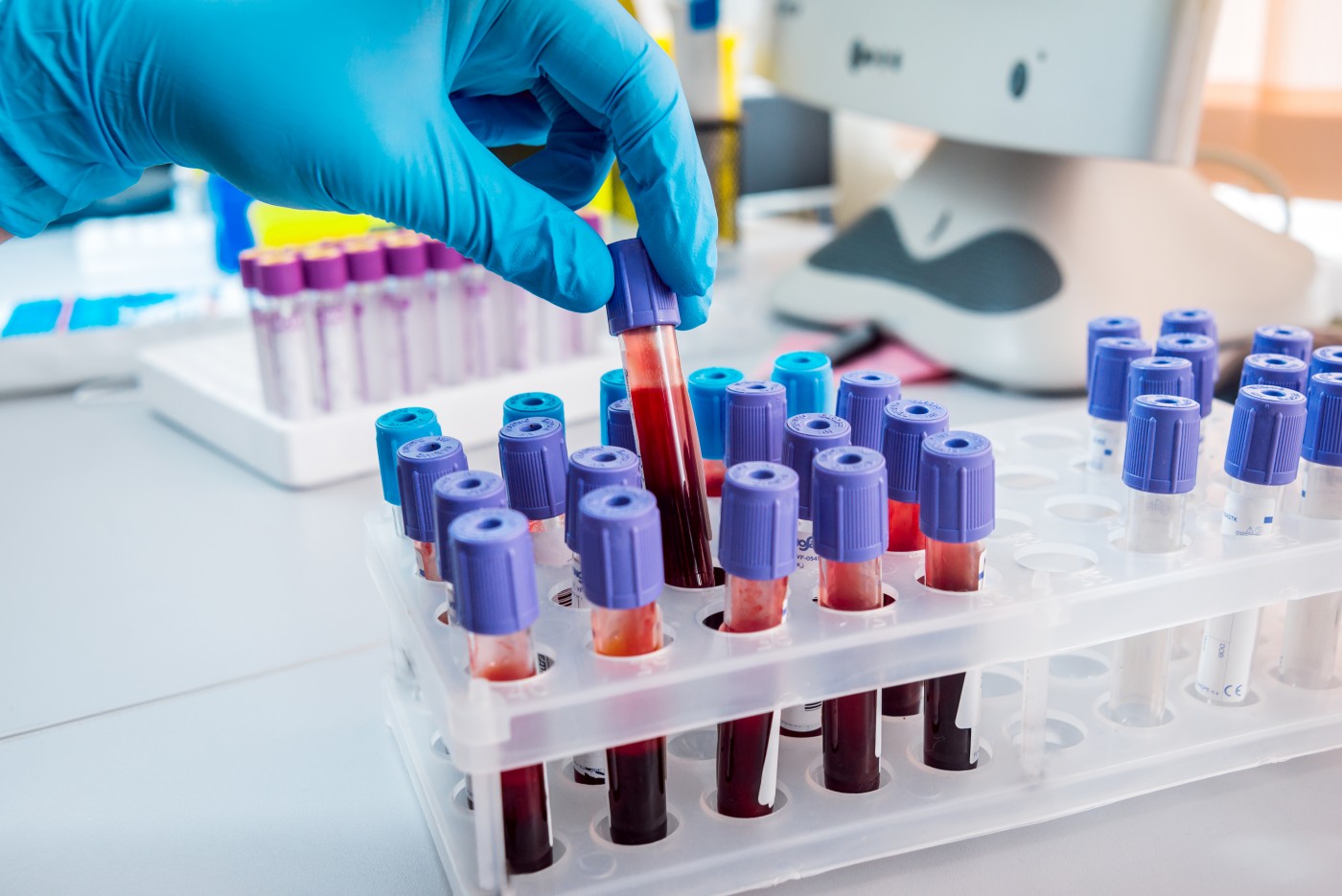Alzheimer’s Disease Biomarker Found; May Help Diagnosis Disease
Written by |

Tel Aviv University and Harvard researchers have found a new biomarker for cognitive aging and Alzheimer’s disease (AD).
Diagnosing Alzheimer’s is not an easy task. The process employs measurements of memory impairment, cognitive skills, functional abilities, and behavioral changes, as well as brain imaging and analyses of the cerebrospinal fluid. The idea of an AD biomarker that can easily be measured in the blood of patients has seemed like a far-fetched goal, but according to findings published in the Journal of Alzheimer’s Disease, researchers are now one step closer to more effectively screening for AD.
The team analyzed gene expression levels of the activity-dependent neuroprotective protein (ADNP) in blood and plasma samples from 17 patients with AD, 15 individuals with mild cognitive impairment, and 52 cognitively normal controls. They noticed that the gene expression levels of ADNP correlated with premorbid intelligence, as well as AD pathology and its clinical stage. Moreover, the levels of ADNP expression could be used to distinguish between cognitively normal elderly, individuals with mild cognitive impairment, and AD patients.
“This study has provided the basis to detect this biomarker in routine, non-invasive blood tests, and it is known that early intervention is invaluable to Alzheimer’s patients,” senior investigator Professor Illana Gozes said in a press release. “We are now planning to take these preliminary findings forward into clinical trials — to create a pre-Alzheimer’s test that will help to tailor potential preventative treatments.”
The findings build on earlier research by the group, thoroughly investigating neuronal plasticity and protection of neurons, during which the team found new families of proteins. ADNP was one of the newly discovered factors associated with communication between nerve cells and other neuronal cell types.
“The more ADNP RNA found in the blood cells, the fewer aggregates found in the brain of elderly cognitively normal individuals,” Gozes said. “Interestingly, we also found that the more ADNP in the serum, the higher the person’s IQ level. We have found a clear connection between ADNP levels in the blood and amyloid plaques in the brain. Our study is the first to assess ADNP in elderly individuals at risk for Alzheimer’s disease, and its results open the door for further validation in larger, more informative studies.”





